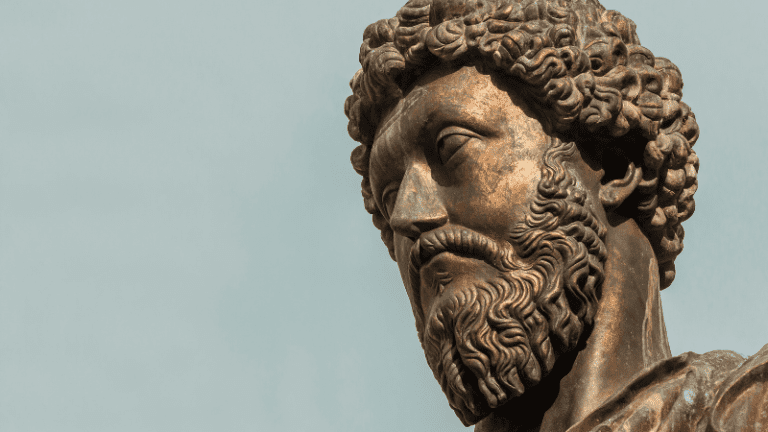Leibniz's theodicy: On the way through the labyrinth of good, evil and divine justice
Gottfried Wilhelm Leibniz (1646-1716), a polymath who made significant contributions in a variety of fields including mathematics, philosophy and science, is one of the most fascinating figures in the history of intellectual thought. His many achievements include co-inventing infinitesimal calculus independently of Isaac Newton, developing the binary number system that forms the basis for modern computing and, in the field of philosophy, formulating a complex and nuanced argument known as 'theodicy' that reconciles the existence of evil with the idea of a benevolent God.

Leibniz introduces himself: A man of many talents
Leibniz was a true Renaissance man whose insatiable curiosity and genius touched on almost every field of knowledge available to him. In addition to his well-known contributions to mathematics and philosophy, he was involved in linguistics, made suggestions for medical advances and even designed concepts that point to modern computers and logic. His correspondence with leading scholars of his time is further evidence of a mind that was constantly searching, questioning and innovating.
Theodicy: an answer to the problem of evil
At the heart of Leibniz's philosophical endeavors is his work "Essais de Théodicée" (Essays on Theodicy), published in 1710, in which he attempts to answer the age-old question: If God is omnipotent, omniscient and benevolent, why is there evil in the world? Leibniz's theodicy is an attempt to justify God's justice in the face of the obvious reality of evil.
Key concepts of Leibniz's theodicy
Leibniz's argument is based on several central premises:
The best of all possible worlds: Leibniz claims that God created this world among the infinite possibilities available to him because it is the best of all possible worlds. This assertion does not imply a perfect world, but the best balance between good and evil, taking all possibilities into account.
The nature of evil: Leibniz distinguishes between three forms of evil: the metaphysical, the physical and the moral. Metaphysical evil refers to imperfection, physical evil to suffering and moral evil to sin. The existence of evil serves a higher purpose within the divine plan and contributes to the overall harmony and balance of the universe.
Free will and moral growth: The existence of evil enables the exercise of free will and the moral development of beings. Without the possibility of evil, the truly good could not be chosen or realized.
Lessons from Leibniz's theodicy
Leibniz's theodicy offers several valuable insights for today's reflections on morality, suffering and divine justice:
Optimism in the face of adversity: Leibniz's belief that this is the best of all possible worlds encourages a hopeful and optimistic perspective, even in difficult times. He suggests that challenges and evils are part of a larger, incomprehensible divine plan aimed at the highest good.
The importance of free will: The emphasis on free will as a prerequisite for moral goodness emphasizes the value of personal responsibility and ethical decision-making in our lives.
The interweaving of all things: Leibniz's view of the world as a complex, interconnected web, in which even evil serves a purpose, invites us to search for the hidden harmonies and balances in life's experiences.
Conclusion
Gottfried Wilhelm Leibniz's Theodicy may be a product of its time, but it inspires and encourages reflection on the nature of good, evil and divine justice. His intellectual legacy, characterized by an unwavering optimism and a deep belief in the rational order of the universe, provides a framework for grappling with some of life's most profound questions.
As we engage with his ideas, we are reminded of the constant quest for understanding in a complex world and encouraged to seek harmony and balance in the face of life's inevitable challenges.







